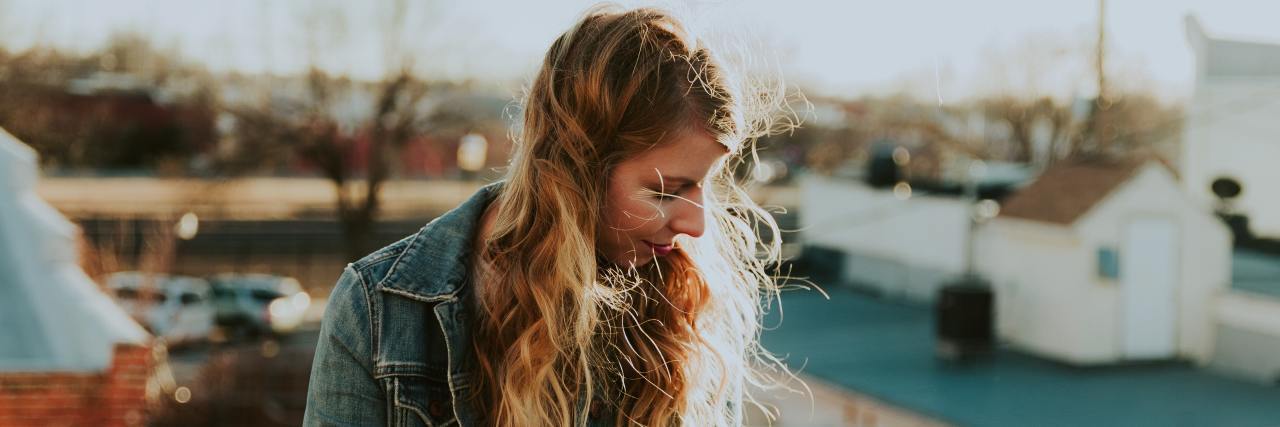It’s Mental Health Awareness Week again, so it’s time for me to get on my annual soapbox because unless we have this conversation, the stigma will never end, and there are so, so many of us who wrestle with these issues and deserve to be heard and seen. I have struggled with major depressive disorder (MDD) for many years. I also live with debilitating chronic pain, which compounds the depression. I take my meds. I go to therapy. I meditate and do yoga most every day. I do all the things you are “supposed to do” to get better, but for some of us, this will be a lifelong battle regardless.
So many mental health issues are chronic; they won’t go away. And there are often limits to what medication can accomplish. It’s meant I’ve had to manage my expectations. It’s meant changing my life to adapt to my circumstances, to better care for myself, to try to get out from under the deep, deep sense of shame I have about this struggle, the feeling I am somehow “less than.” I have lost weeks, months, sometimes years of my life to depression. But when I’m in that lightless place, I’m now trying to recognize the only constant in life is impermanence — that pain doesn’t last forever, even though it seems impossible to think otherwise in those moments. And all joy is infinite, while the sorrow will pass.
The Japanese have an aesthetic ideal known as wabi-sabi, which centers on the acceptance of transience and imperfection. It is a way of living that focuses on finding beauty in the inevitably flawed and recognizing all things go through cycles of growth and decay … nothing is permanent. There is also the art of kintsugi, where cracks in pottery are mended with gold. It treats these flaws as an innate part of an object’s beauty, its history and authenticity.
So it is with people, too. In the cracks I have accumulated over the years, in the wrinkles of my furrowed brow, lay hard-earned wisdom and truth, and the only meaning I’ve found in it is to share your truth with others so they feel less alone. If we finally have this conversation, the next generation may not feel so ashamed, they may rightfully view mental health disorders as any other disorder. Here’s hoping their battle is just a bit easier for it.
But don’t let it wear you down, don’t let it make you bitter or steal your joy. Be vulnerable, be soft, be compassionate and empathetic and kind. Don’t listen to those who say those things are weaknesses, because really, they are your superpowers. Turn that vulnerability and authenticity into strength and purpose and power.
So yes, I struggle, far more than anyone realizes. I have largely made peace with the fact I will continue to do so, even though some days I feel like an open wound. Because on some days? Some days, I feel like the light.
Unsplash image by Brennan Burling

